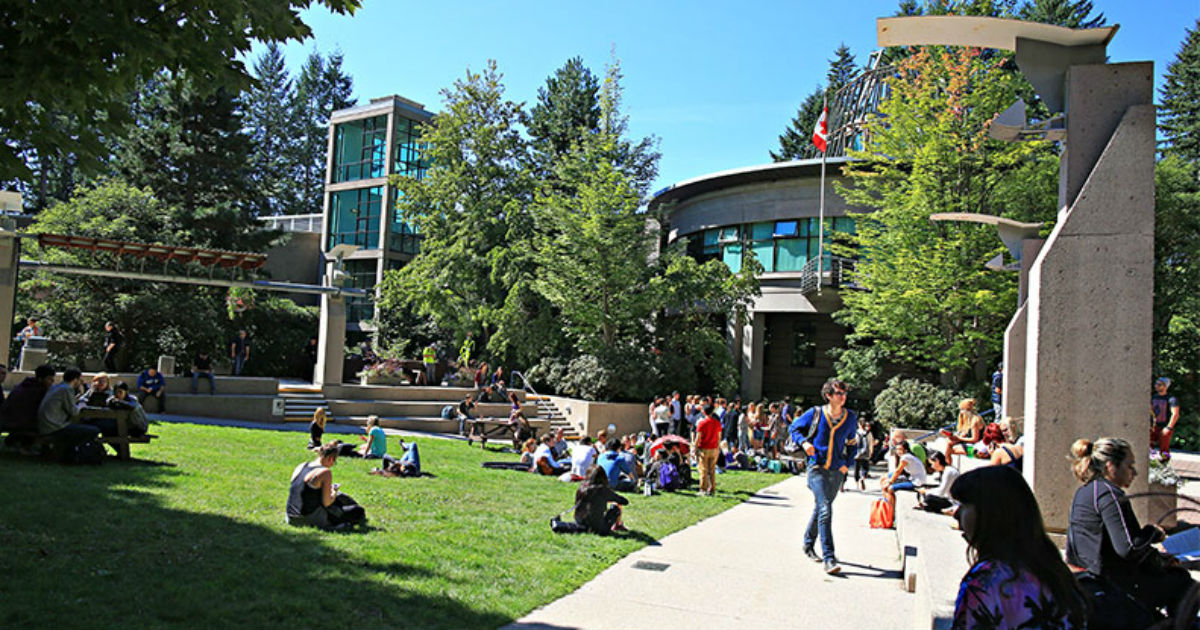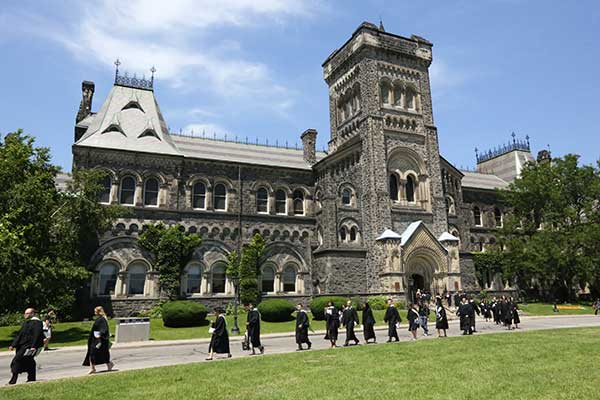If you are thinking of applying to study overseas as a Nigerian student, perhaps, you might want to consider these questions.
Many of our students studying abroad were at one time stranded and confused as situations went the way never planned for.
So, in order to avoid any unwanted occurrences, here are a collection of Seven (7) questions you should consider when applying to study overseas.
Seven (7) FAQ’s To Consider When Applying To Study Overseas
1. Why Should I Study Abroad?
There are so many great reasons to want to study overseas. For most Nigerian students, the desire to experience high quality education and improve their job prospect in the labour market, makes them to go study abroad.
For some, however, studying abroad is for the fun. The appeal and excitement of seeing the world and learning new culture motivates them to studying abroad.
what we are trying to say here is that, the type of experiences you want to enjoy should determine where you go. So make sure you pick a study destination based on your personal interest and motivation.
2. Where In The World Should I Study?
Choosing where to study in the world is not always an easy task. However, when choosing to a country, you should consider the tuitions cost and the living expenses. you might also consider to choosing a country that gives you the sort of lifestyle you wish to have while studying abroad.
Whatever your interest may be, be sure to match them up with your study destination. If you would like to know where most Nigerian students surge to for foreign education, you may use the link below for a guide:
3. How Long Does Study Abroad Program Take?
The period of time you spend abroad largely depends on the type of program you enrol for. In most cases, Undergraduate degree program in europe will usually take three years. While a postgraduate degree such as a master’s degree take not morethan one or two years.
If you are the type that wouldn’t like to spend many months away, short-term (exchange program) option would suit you.
So, if you fall into these two categories of people, you may want to consider your options more carefully.
4. What Are The Requirements For Study Abroad Program?
Just like we have admission requirements into Nigerian universities, higher institutions abroad also have theirs. However, entry requirements vary widely between universities when applying to study overseas. Usually, for a Nigerian students the minimum requirements for undergraduate program is the West Africa Senior School Certificate Exam (WASSCE).
It is also highly likely that you will need to provide proof of your English-Language proficiency by taking an English Language test such as TOEFL or IELTS. Other qualifications may include a Personal statement or Letter of recommendation. For more information about these requirement, you should consult your study abroad advisor for a proper guide.
5. How Much Does It Cost To Study Abroad?
Studying Abroad can be quite expensive to an average Nigerian student. The overall cost will ultimately depend on a variety of factors including: tuition fees, cost of living, program duration, exchange rates etc.
For instance, the average tuition fees for International students studying in the UK are UK12,000 pounds (US $18,200) a year, with an additional UK 7,000 pounds (US $10,600) per year needed to cover living costs.
However, there are a number of Countries in the world where undergraduate level of education is free for all. A notable example includes Germany. For more information about Countries where undergraduate program is free, check out this related article: 9 Countries Nigerian Citizens Can Study For Free.
6. Where Will I Live During My Study Abroad Program?
choosing where to live is something you really need to reflect on. But, there are many options available. You could apply for a campus accomodation in your chosen university and or if money is not an issue, you can consider renting your own flat.
In addition, if you have a smaller budget plan, you may consider shared accomodation with other International students or locals.
In every cases, make sure you weigh your options more carefully or get more advice from your university’s student support team on how to find an accommodation.



















Good day, I love to study abroad..
Follow the information on thr post.